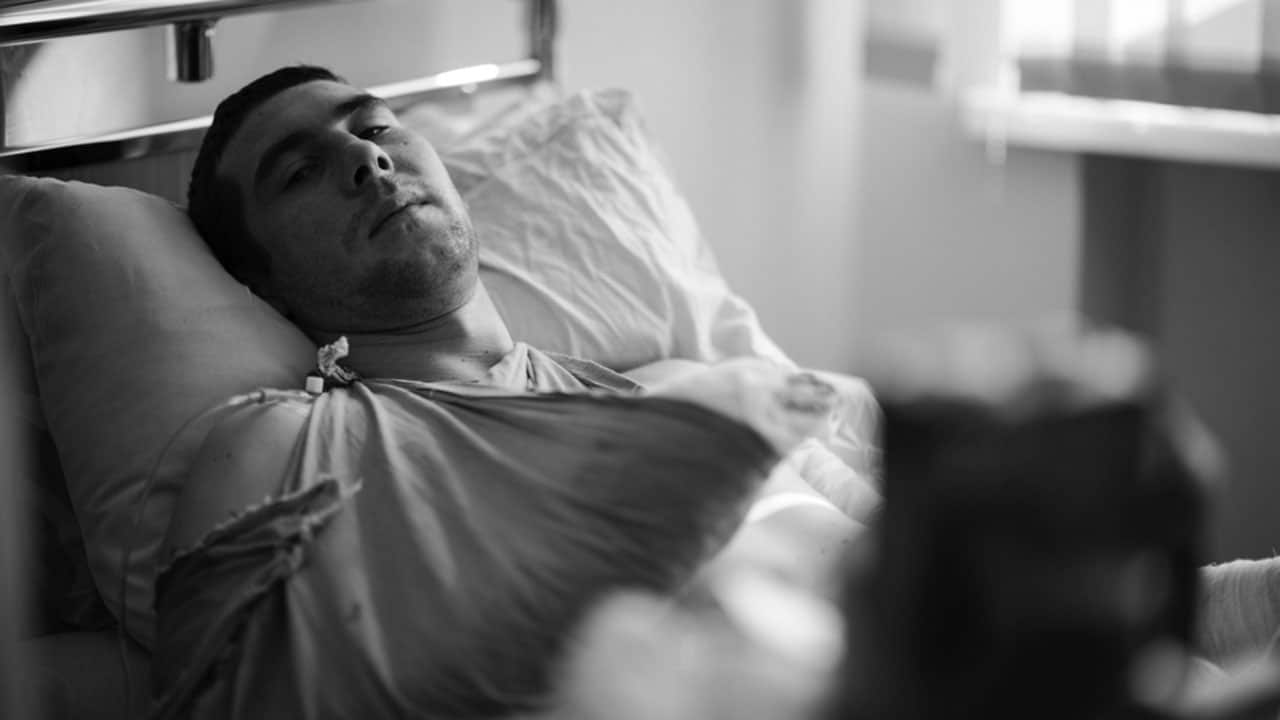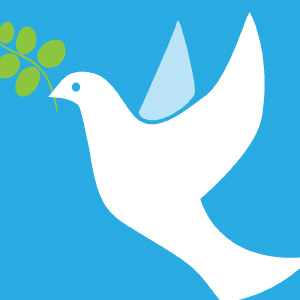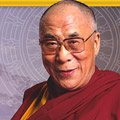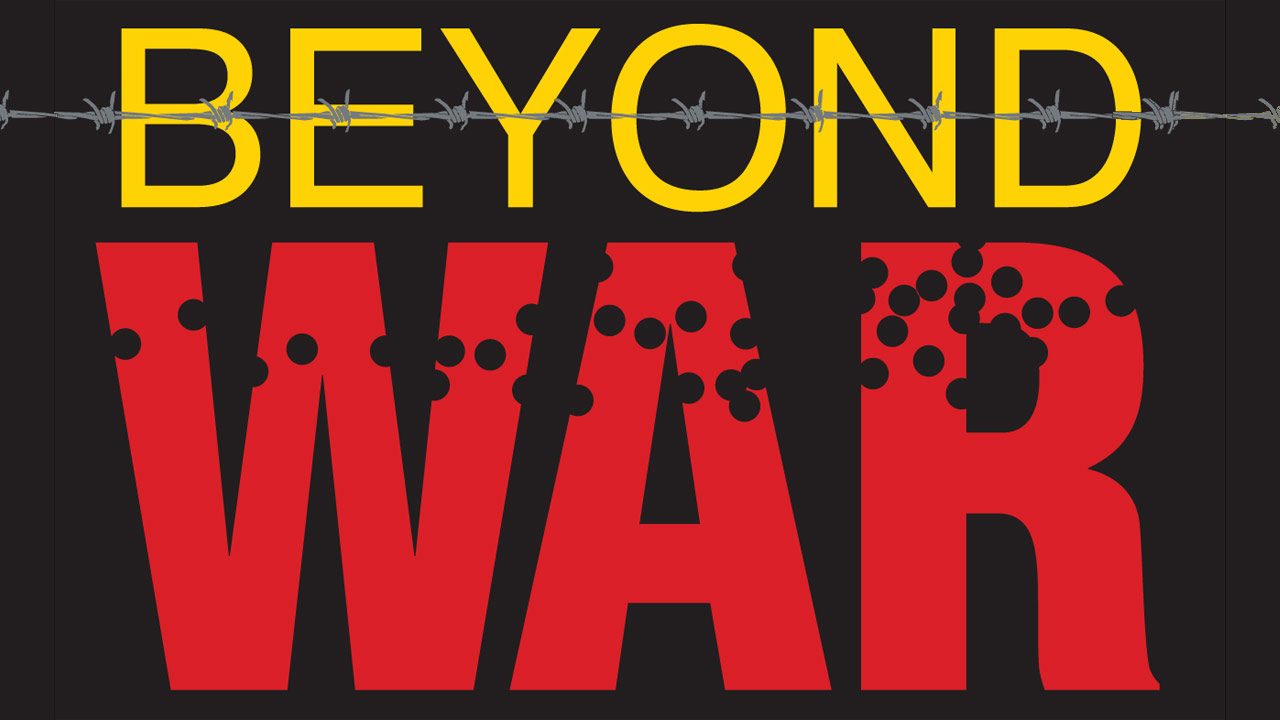 What are the true costs of war?
What are the true costs of war?
Is military action effective in enhancing national security? What happens to human beings amid the carnage of violence? Have we become trigger-happy or is a strong military the only practical means to safeguard what we hold dear? Is war a necessary evil or is it sheer madness?
In sound-rich documentary podcast essays, Beyond War takes listeners to a weapons exhibition, a Veterans Administration hospital, a pacifist organization, a military cemetery, a therapist’s office where war survivors are counseled, a human rights courtroom and many others settings where listeners can ponder timely questions of war and peace.
Hear:
- Chris Hedges, New York Times war correspondent
- Sven Lindqvist, Author of “A History of Bombing”
- Miyoko Matsubara, Survivor of the Hiroshima atomic bombing
- Haskell Wexler, Academy Award-winning filmmaker, WW2 veteran
- Patients recorded at the VA Hospital, Hines, Illinois
- Scott Ritter, Former UN Chief Weapons Inspector, former US Marine intelligence officer
- Brig. General John Hutton, US Army physician
- Miranda Smith, War Resisters League
Playlist
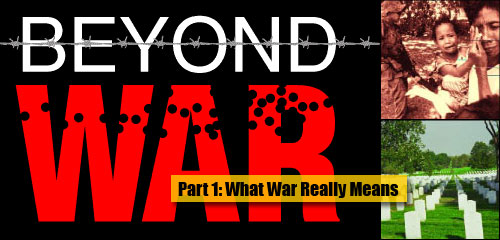
Part 1
War Without End
What explains the increasing rate of civilian casualties in war? What does it mean, for soliders—and for their targets—to drop a bomb or fire high-powered weapons of destruction? What are the physical and emotional effects? What are the other costs? What values and beliefs motivate soldiers? What other agendas bring about war? How does the military turn ordinary citizens into fighters? How do media portrayals of war compare with the real experience?
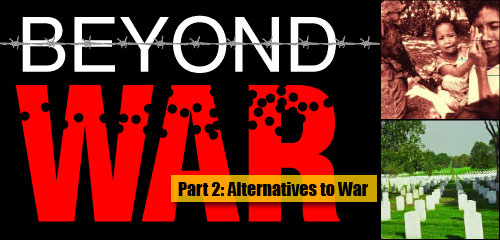
Part 2
Waging Peace
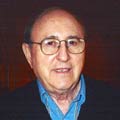
How fully do we exhaust peacful options before resorting to military action? When has nonviolence been effective and when has it been dangerous? What constitutes a just war “just”—or do no ends justify large-scale killing of human beings? What are the social, moral and spiritual values held by pacifists and conscientious objectors?
Hear accounts from Yugoslavia to South Africa—of non-violent movements that ousted unjust leaders. Also, comments by two Nobel Peace Prize winners: Bernard Lown, MD and Archbishop Desmond Tutu; military spending; and media images of the military.
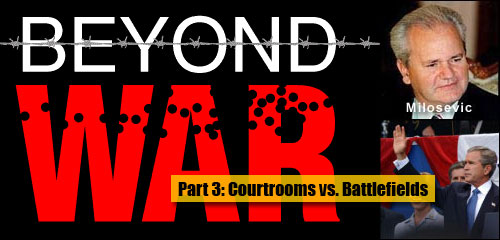
Part 3
In Search of Global Justice II
What happens when survivors of atrocities committed under the reign of Slobodan Milosevic confront in open court the man they hold responsible? Can establishing the facts of history pave the way to reconciliation among warring groups? Also: the fascinating debate over the UN’s new International Criminal Court hailed by human rights advocates but adamantly opposed by the Bush Administration.
Following up our 2000 documentary funded by the MacArthur Foundation, this program presents a fresh look at the fast-evolving role of international human rights law in preventing and policing conflict.

